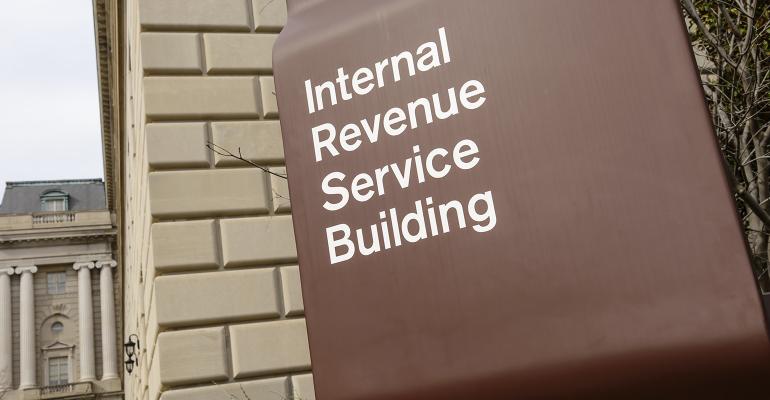On March 31, 2023, the Internal Revenue Service sent out a newswire (IR 2023-64), with a warning to “high-income filers” regarding “abusive arrangements.” The IRS identified charitable remainder annuity trusts (CRATs) and monetized installment sales as two such arrangements. It noted that promoters advertise these strategies to attract clients, but then misapply the rules. Unfortunately for the taxpayers, they’re legally responsible for what’s on their tax return, not the promoters who entice them to sign up for this type of transaction.
CRATs
Charitable remainder trusts (CRTs) are irrevocable trusts that let individuals donate assets to charity and draw annual income for life or for a specific time period. A CRAT pays a specific dollar amount each year.
In IR 2023-64, the IRS noted that it examines CRTs to ensure they correctly report trust income and distributions to beneficiaries, file required tax documents, and follow applicable laws and rules. It warned that promoters, advisors and taxpayers try to misuse these trusts to eliminate ordinary income and/or capital gains on the sale of property by transferring property with a fair market value (FMV) in excess of its basis to a CRAT. Taxpayers may wrongly claim the transfer of the property to the CRAT results in an increase in basis to FMV as if the property had been sold to the trust. The CRAT then sells the property but doesn’t recognize gain due to the claimed step-up in basis. Next, the CRAT purchases a single premium immediate annuity with the proceeds from the sale of the property.
By misapplying the rules under Internal Revenue Code Sections 72 and 664, the taxpayer, or beneficiary, treats the remaining payment as an excluded portion representing a return of investment for which no tax is due.
Monetized Installment Sales
The IRS warns that promoters find taxpayers seeking to defer the recognition of gain on the sale of appreciated property. They facilitate a purported monetized installment sale for the taxpayer in exchange for a fee. These installment sales occur when an intermediary purchases appreciated property from a seller in exchange for an installment note. The notes typically provide for payments of interest only, with principal being paid at the end of the term. In these arrangements, the seller gets the lion's share of the proceeds but improperly delays the recognition of gain on the appreciated property until the final payment on the installment note, often years later.
Penalties
The IRS states that it may impose accuracy-related penalties ranging from 20% to 40% of an underpayment of tax, or a civil fraud penalty of 75% of any underpayment of tax related to transactions like those listed above.





